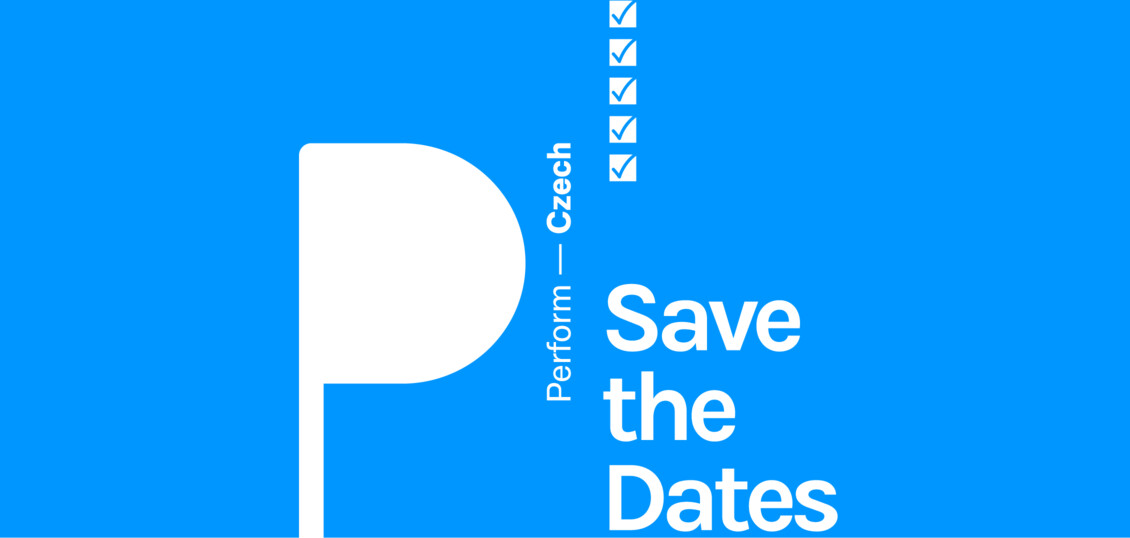It was the second time the National Theatre had been the place where acknowledged theatremakers all around the world gathered. Not only they brought their productions to Prague, but they were also available for discussion at the meetings, which are an inseparable part of Prague Crossroads. Foreign theoreticians with lecture overlapping the limits of theatre arrived as well. And, the film was not missing in the program either.
This year’s edition presented artists, who explicitly express their opinions on the contemporary world, life, and society – and not only in Europe. Another significant topic is the emphasis on production and a fragile border between the stage truth and experienced reality, which is a provocative, or at least thrilling, motive at present, when truth is often relativized. Theatremakers presented at the festival work with methods, which are now popular in the world: be it live cinema, a performance as a lecture, working with soundtrack, or physical theatre.
The program opened with the production Gavrilo Princip performed by the Dutch company De Warme Winkel, depicting the life of a person, who, in fact, “triggered the 20th century”. Czech audiences may have been captivated by a point of view from the outside, the method combining theatre and a live cinema as well as an inspiring and entertaining insight into a story European theatres were keen on four years ago.
Queen Mary II National Theatre from Lisbon brought the production If a Window Would Open directed by Tiago Rodrigues. He applied the modern method of pre-recorded screenings contrasted with live interaction of actors. One of the most acknowledged theatremakers today and this year’s winner of the Europe Theatre Prize searched for the origins of public and private truth and examines the role of media today.
Federico León came from Argentina and in his Las ideas, he presented an entertaining analysis of a creative process with the attention paid to the issues of authenticity, truth on the stage, and a constant play with audiences.
The Korean art of theatre cannot be seen in the Czech Republic very often, even though the artist Jaha Koo works in Germany and his style of production has been fundamentally influenced by European theatre. The topic of his Cuckoo performance with the popular means of theatre-lecture was purely Korean: using pots of rice, he took the viewers to an exotic foreign country in order for them to understand soon that many topics (estrangement, loneliness, insecurity) could be conveyed perfectly. The production also had an intensive political topic, which critically evaluated the influence of the United States on Korea today.
The production Sons of Sissy by Austrian choreographer Simon Mayer is an exception in his series of dramas. The piece without words carried the central topic of deviation from stereotypes, social roots, binding tradition, and outdated patriarchy as well as the energy of pure joy (and enthralling virtuosity) of physical and musical performance, which was perfectly revealing, metaphorical, but communicative, communicating, and topical at the same time.
The topic of communication, truth (again), and a non-actor – child – was depicted in British theatremaker Ant Hampton’s performance. Crazy but True was a three-hour conference of experts whose knowledge can be listened with fascination, enchantment, and surprise that those experts are children. The experiment based on the contrast of unbelievable facts and children’s naivety was captivating for both performing children and viewers, who decide to spend the whole time with the “experts” or be with them only for a while.
Another deviation from theatre was a film screening My Country; a Work in progress. The artistic director of the National Theatre in London and his team set off to listen to the “vox populi” after the referendum about Brexit, and, inspired by these interviews, he put together a production with a shape of a film. The last performance of My Country had already taken place, but the film remained; we assume that in the time of growing mistrust in united Europe there is a point in observing how people in other countries see the issues of citizenship, uniformity and difference, and how to interpret in artistically.
The most famous artist came from Latvia, or the United States, to be specific. Prague Crossroads culminated with Mikhail Baryshnikov, an actor, who used to be a dancer, and at our festival, he performed poems by Joseph Brodsky in the production of Brodsky/Baryshnikov.

 Learn
Learn







